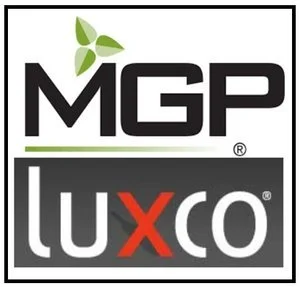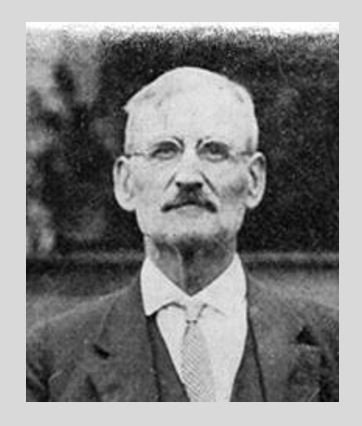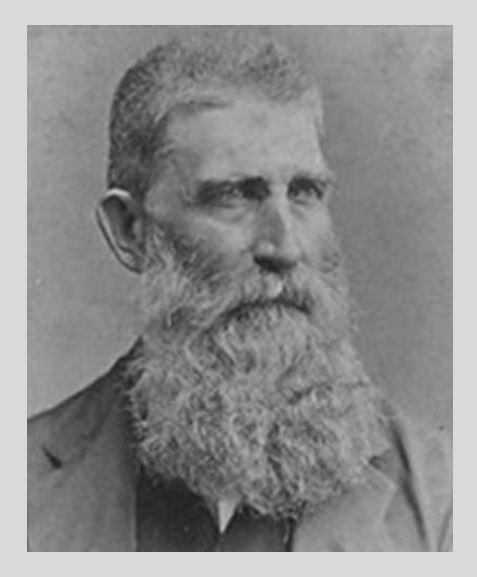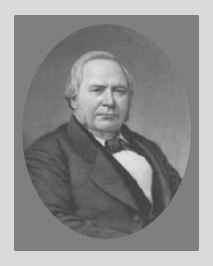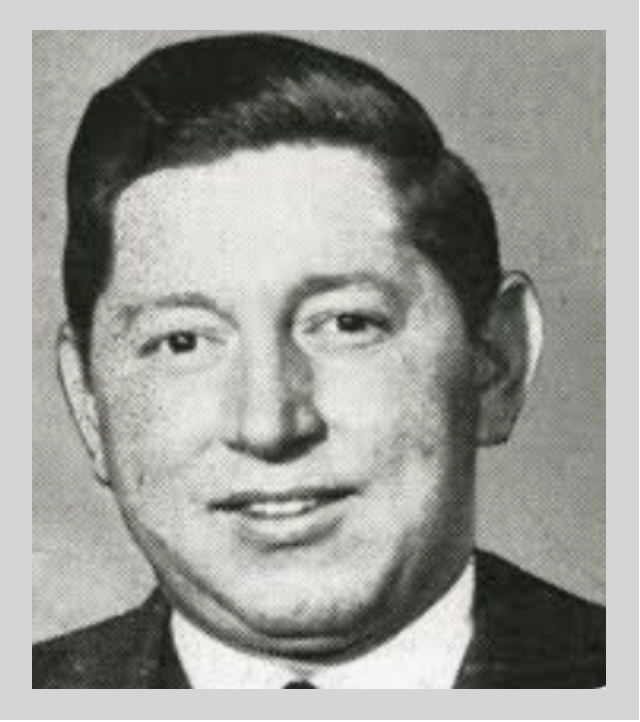M. G. P. / LuxCo Founders
(NOTE: FOUNDERS ARE LISTED IN ALPHABETICAL ORDER)
1
Guy Beam
Guy was born to parents Katie Nall Beam and the legendary Minor Case Beam, and he was immediately immersed in the intricacies of whiskey production. Growing up surrounded by distillers and barrel makers, he learned firsthand the importance of selecting the right grains, the science of fermentation, and the magic that happened inside charred oak barrels during a whiskey’s years of aging. Once experienced enough, Guy quickly rose to the esteemed position of Master Distiller
2
Minor Case Beam
Minor Case Beam, though perhaps less instantly recognizable than some of his famous relatives, was a pivotal figure in the history of American whiskey. While the “Beam” family name is synonymous with bourbon, and especially with the legendary Jim Beam brand, Minor Case Beam carved out his own storied path in the world of spirits—one marked by authenticity, innovation, and an enduring respect for tradition.
3
J. W. Dant
Joseph Washington Dant was born in May 1820 in Loretto, Marion County, into a farming family. He received some elementary education, and his first occupation was as a blacksmith. Joseph decided whiskey held more promise at sixteen than beating hot iron and making horseshoes. Dant would marry his wife, Ann Catherine Ballard, on February 12th, 1849. Together, J. W. and Ann Catherine would have ten children, several of whom were sons who would also play a considerable role in distilling. In 1836,
4
Larry Ebersold
Larry Ebersold over his career has become known as the “godfather of rye whiskey”. Larry holds his Masters Degree in Chemical Engineering from the University of Louisville attending there from 1967 and graduating in 1972. Larry became the Master Distiller and held the title for 20 years at the distillery in a career spanning 38 years.
5
Donn Lux
Lux entered his family’s spirits business at a time when the industry was experiencing significant shifts. Consumer preferences were changing, and with them, competitors. Rather than being intimidated by these challenges, Donn saw them as opportunities to innovate.
6
Paul Lux
Born in 1930, Paul A. Lux led an uneventful childhood. Following high school, Paul attended and graduated from MIT. After MIT, He became a Captain in the US Air Force and served during the Korean War. Paul furthered his education at the Harvard Graduate School of Business Administration’s Executive Education program.
7
Greg Metze
Metze’s approach combined respect for tradition with a willingness to innovate. He managed the meticulous blending, aging, and quality control protocols that define high-caliber bourbon that appealed to both classic bourbon lovers as well as adventurous new drinkers.
8
David Nicholson
Nicholson purchased well-known brands at the time, such as Old Crow, for distribution out of the East. David was not actually a distiller but instead a rectifier, a person who blends sourced whiskeys. While most rectifiers were caught up in crimes of the Whiskey Ring, David's honesty and contempt for illegal activities became his identity.
9
John Rempe
In 1998, Rempe joined Luxco in a quality control role. By 1999, the sharp-witted microbiologist was promoted to Research & Development Manager, launching new flavor lines and contributing to the creation of several spirit brands, both light and dark. He spent nearly two decades in R&D.
10
George Remus
With the passage of the ratification of the Volstead Act on January 17, 1920, Prohibition engulfed America. Remus noted that many of his criminal clients who were charged with such violations of the Volstead Act were very wealthy and never tried to negotiate the attorney’s fee with Remus. The lure of wealth and popularity grabbed Remus hard.
11
Ezra Ripy
The bourbon industry, deeply entwined with the rolling landscapes of Kentucky, owes much of its character and success to legendary figures like Ezra Ripy, a name that resonates with the heritage and craftsmanship that define American bourbon. While not as universally known as some contemporaries, Ripy played a crucial role in both the evolution of bourbon distilling and the preservation of Kentucky’s whiskey-making legacy.
12
Orville Schupp
Blanton himself wanted to travel to open up international markets and spread the word about the distillery’s quality and products. But the Colonel wasn’t up for the rigor of both running the plant and serving as an ambassador, so in late 1943, he retired from the day-to-day operations of the distillery.and hand-picked Orville Schupp as his successor He then named Schupp Plant Manager and Master Distiller.
13
David Sherman, Sr.
David Sherman, Sr., was born in Pine Bluff, Arkansas, the eldest of five boys. His father pushed a cart on the streets of Pine Bluff looking for scraps of metal and other items he could sell to support his family. David dropped out of school in his early teens and began working, which ensured that he grew up with the values of hard work, perseverance, and humility

